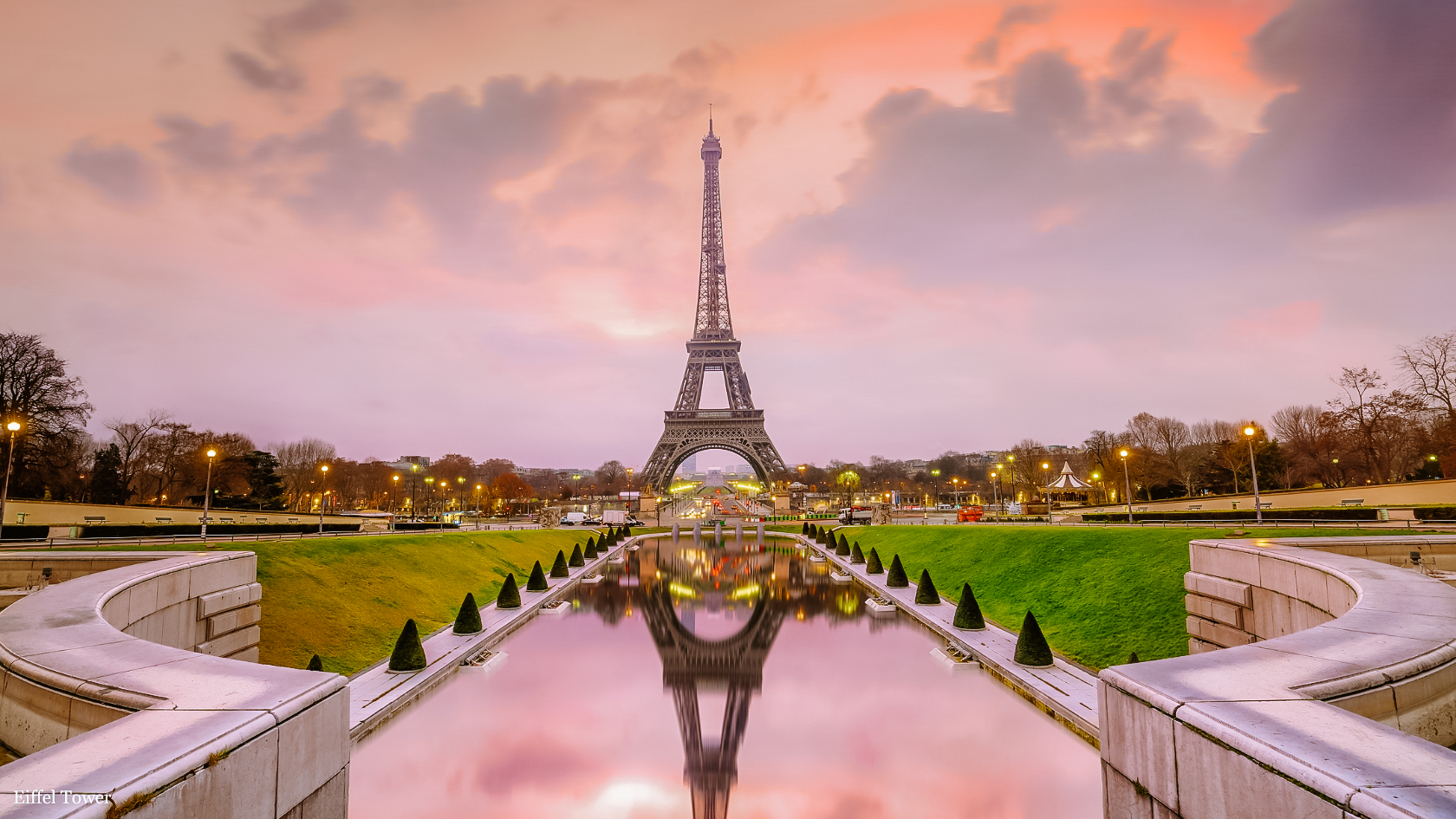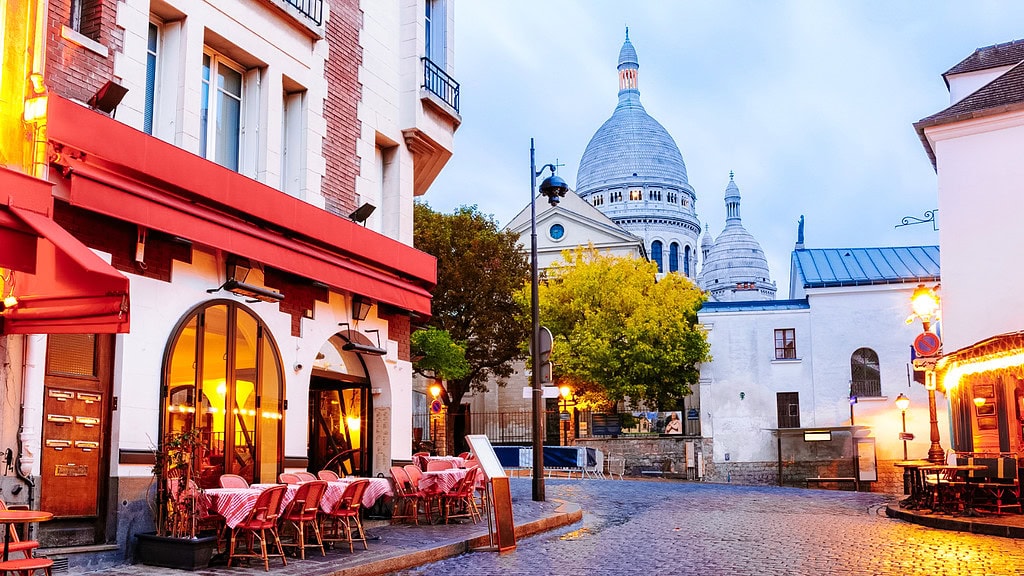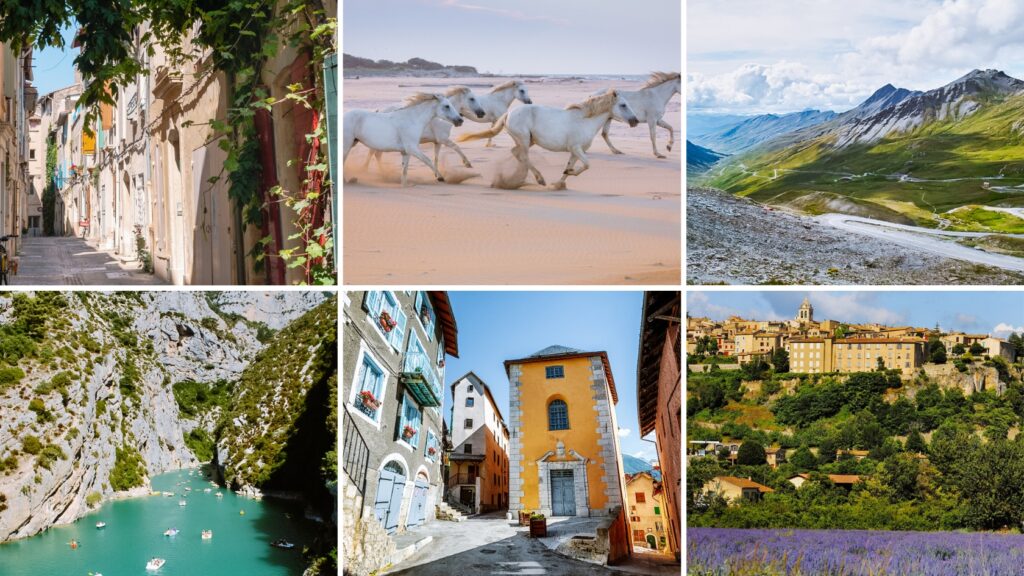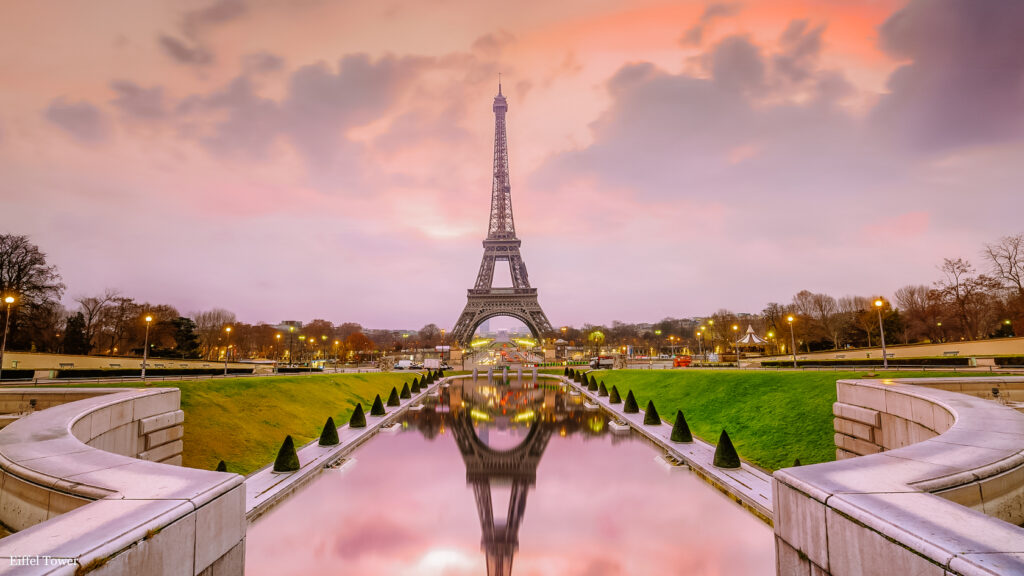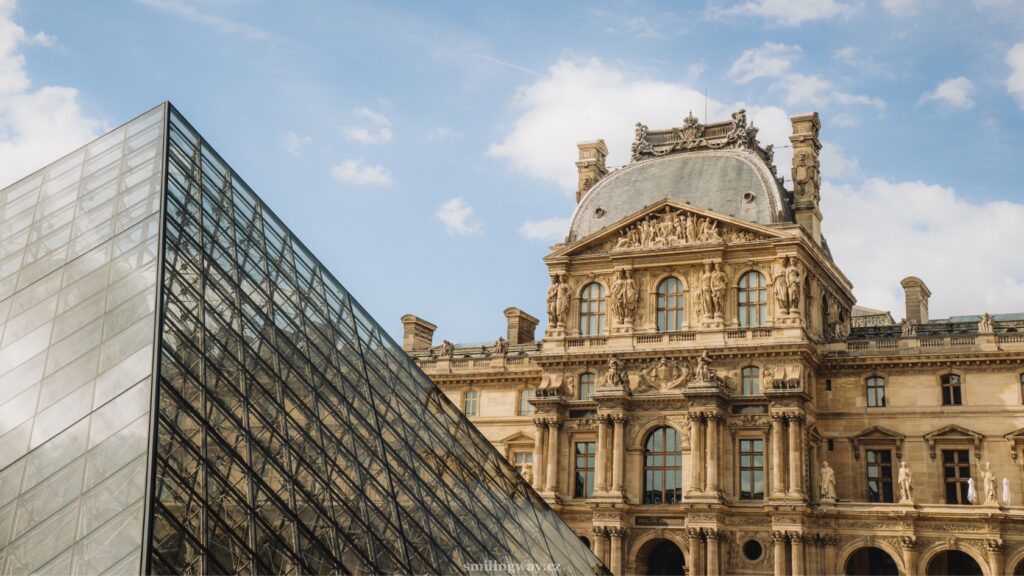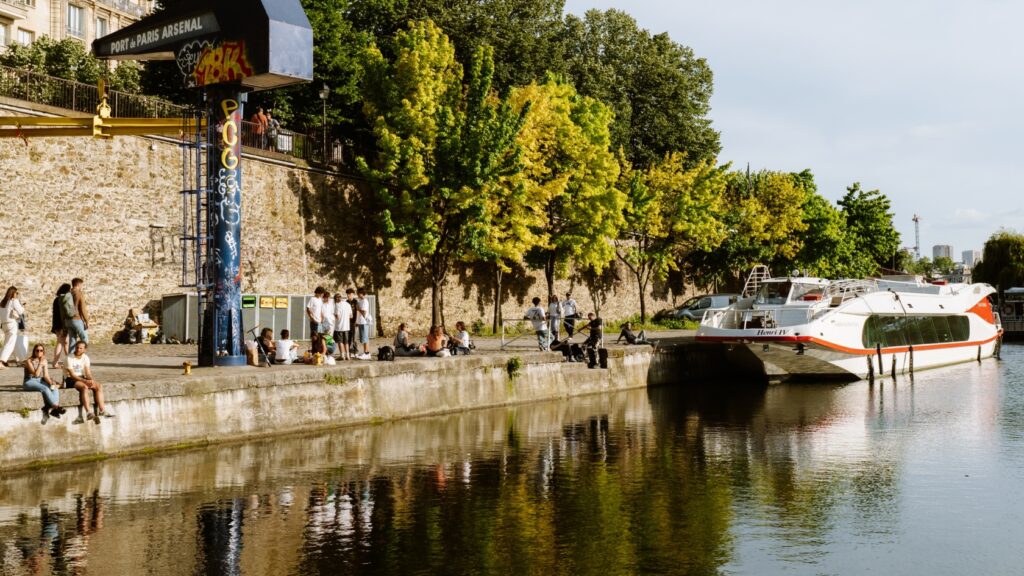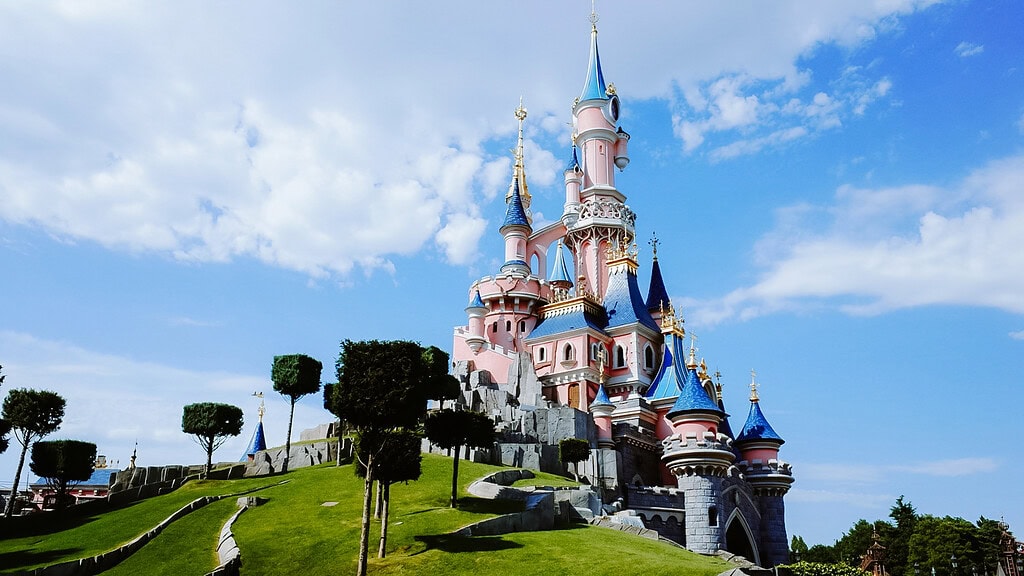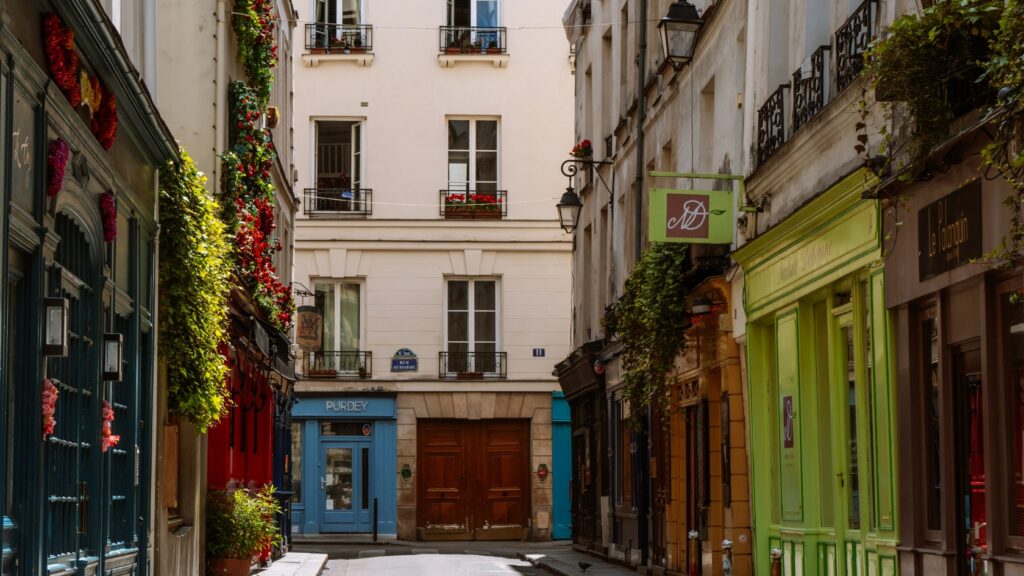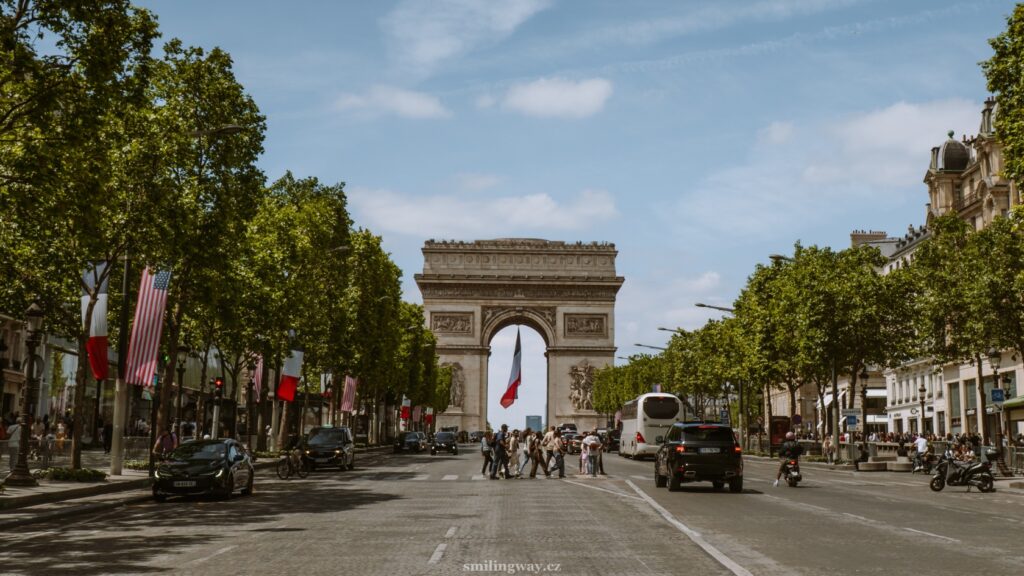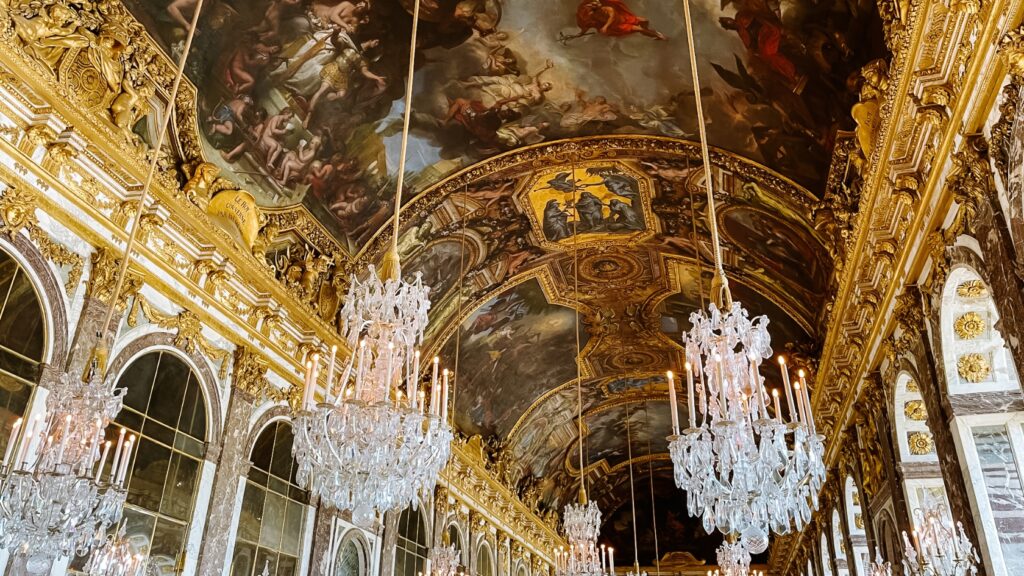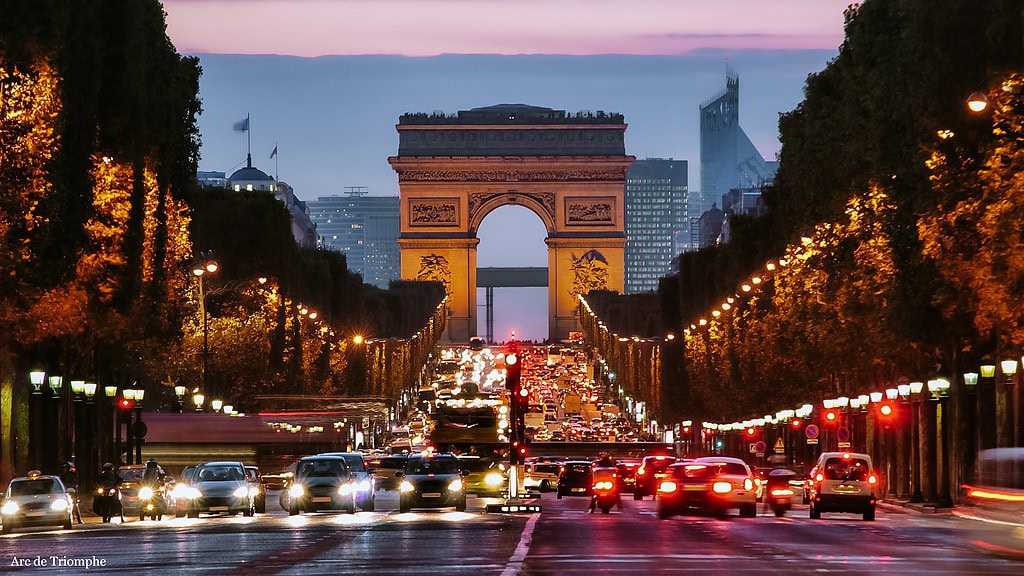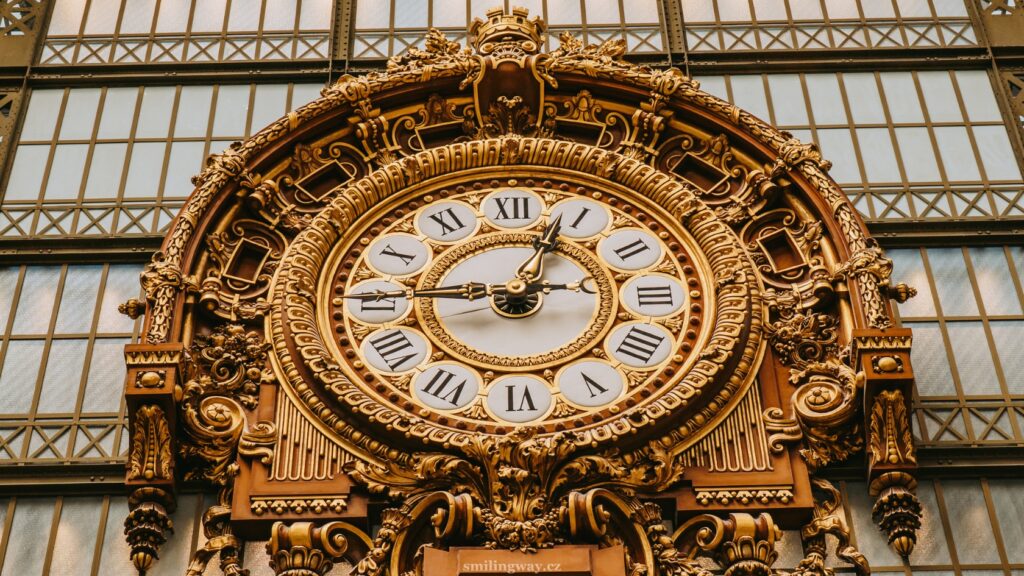TRAVEL GUIDE FOR FRANCE
Discover France, a country of stunning coastlines, rich history and exquisite gastronomy. From magical castles to gourmet experiences and picturesque regions like Provence and Brittany.
BEST PLACES IN FRANCE
Paris 5 Days Itinerary (+ map)
Paris, the city of lights and love, is one of the most visited…
25 Best Things to do in Provence, France: Top places to visit
Looking for top places to visit in Provence, France? Check out our Provence…
PARIS
33 Things to do in Paris (+ map): Best places to visit
Looking for the best places to visit in Paris? Check out our things…
Paris 5 Days Itinerary (+ map)
Paris, the city of lights and love, is one of the most visited…
How to visit Louvre in Paris – tips and photos from our visit
The Louvre in Paris is the most visited museum in the world. Nearly…
PARIS TRANSPORT (airport, public transport, metro, bike) + MAP
Paris is the second most popular city in Europe after London. Almost all…
Disneyland Paris (2026): attractions, entrance fees and other practical tips
Do you plan to visit Disneyland Paris? In this guide, you’ll find everything…
Paris Travel Guide: Our travel experiences and tips for visiting Paris
Are you planning to visit Paris and looking for tips and practical information…
16 Useful Tips on How to Visit Paris on Budget
A trip to Paris can get pretty expensive. Today I have 17 tips…
How to visit Versailles in Paris (2026) – tips and photos from our visit
Versailles in Paris is one of the most visited sights in the world,…
3 Days in Paris: Perfect itinerary of what to see in Paris (+ map)
Planning to visit Paris in 3 days? Check out our guide to the…
PARIS PASS: How to save on sightseeing in Paris?
The Paris Pass includes admission to dozens of the best sights, museums and…
USEFUL INFORMATION
When to visit France
France is an ideal destination all year round. So the best time depends on what you plan to do in France:
Spring (March to May): Spring is the ideal time to visit France, when nature blooms and temperatures are pleasant. Walking around Paris and visiting gardens such as those at the Chateau de Versailles are at their most beautiful at this time. Late spring is also a good time to explore Provence, where lavender fields are beginning to bloom.
Summer (June to August): Summer is the main tourist season in France, ideal for visiting the Côte d’Azur to enjoy the sun on the beaches. Trips to the Alps and Pyrenees for hiking are also popular at this time. The summer months are also great for wine tours in Bordeaux and Burgundy or lavender fields in Provence.
Autumn (September to November): Autumn is ideal for visiting French vineyards during the vintage season. Temperatures are still pleasant and tourist attractions less crowded. There are many cultural events and festivals in Paris and other cities.
Winter (December to February): Winter is the time for winter sports enthusiasts, as the French Alps offer excellent conditions for skiing and snowboarding. In December, you can visit Christmas markets in cities such as Strasbourg and Colmar. Paris is less crowded with tourists in winter, which is a great opportunity to visit museums and monuments without the crowds.
Transport in France
Public transport
Travelling around France is convenient and efficient thanks to an extensive and well-connected transport system including trains and buses.
The backbone of long-distance transport in France is the SNCF train network, which connects a number of major cities across the country. This network includes a number of train services, including regional and high-speed TGV trains. These high-speed trains, which can reach speeds of up to 320 km/h, are among the fastest in Europe. Most train lines offer the possibility to buy tickets online. Here you can find train connections in France.
An alternative and popular method of travelling around France is by bus, which also visits smaller towns and villages. Bus journeys are generally more economical than train journeys, but tend to be longer.
By car to France
The French road network is well maintained and the motorways (autoroutes) are tolled. Here you will find detailed information on tolls.
The maximum speed limit on French motorways is 130 km/h, reduced to 110 km/h in rain. On normal roads the limit is 80 km/h and in villages it is usually 50 km/h.
If you are considering hiring a local car in France, we recommend booking well in advance. In areas with narrow and winding roads, such as those in Provence, it can be advantageous to choose a smaller model. Smaller vehicles are easier to manoeuvre and park, especially as parking spaces can fill up quickly.
Culture and tradition in France
Culture
French cities are rich in culture and history, with each city offering a unique experience thanks to its diverse architectural styles. In Paris, you can admire iconic landmarks such as the Eiffel Tower and Notre-Dame, while in Versailles you’ll be enchanted by the magnificent gardens and palace. Museums such as the Louvre and the Musée d’Orsay allow you to explore French art from ancient to modern times.
France is also known for its rich music scene, from prestigious opera houses such as the Opéra Garnier in Paris to jazz clubs in Marseille. Cultural festivals such as the Festival de Cannes attract visitors from all over the world.
Paris and other big cities like Lyon and Marseille are fashion capitals where you can see the influence of French style at every turn.
In addition, French cuisine, which is considered one of the best in the world, adds to the overall experience of visiting France. You can enjoy everything from classic dishes like coq au vin and ratatouille to exceptional wines from regions like Bordeaux and Burgundy.
Traditions and festivals
France is known for its rich traditions and festivities, which are celebrated throughout the year. One of the most important events is the celebration of the national holiday, Bastille Day, which falls on 14th July. The day is filled with spectacular parades, fireworks displays and public concerts across the country.
Another important tradition is the Nice Carnival, one of the oldest and largest in Europe.
During the winter months, French cities hold Christmas markets, such as the one in Strasbourg, where you can sample local specialities and buy traditional handicrafts.
Easter festivities, wine festivals in Burgundy and Bordeaux, as well as the Fête de la Musique, which takes place annually on 21. June, show how deeply rooted culture and tradition are in the lives of the French.
Typical dishes in France
French cuisine is as diverse as its regions. Each region boasts its own specialities, such as seafood in Brittany, boeuf bourguignon in Burgundy and ratatouille in Provence.
Typical and popular dishes you can taste in France include:
Bouillabaisse: This traditional Provençal fish stew comes from Marseille and often contains various types of fish, mussels and shellfish.
Coq au Vin: This iconic dish from Burgundy is made with rooster braised in red wine with mushrooms, bacon and onions.
Croissants and pastries: French bakeries offer delicious pastries such as croissants, pain au chocolat and baguettes that are a staple of everyday life.
Cheeses and cured meats: France is famous for its cheeses such as Camembert, Roquefort and Brie, as well as cured meats such as saucisson.
Desserts and sweets: For dessert, enjoy crème brûlée, tarte Tatin or macaroons. You must also try the French ice creams with different flavours.
- The basis of French cuisine is fresh, seasonal ingredients.
- With your meal, enjoy local wines, which often complement regional dishes perfectly.
- Exploring local markets is a great way to immerse yourself in regional food and ingredients.
- A typical French experience is enjoying a café au lait in a café.
- In France, cappuccinos and other milky coffees are usually drunk in the morning.
- Many restaurants include a service charge on the bill, but tipping is not mandatory. However, exceptional service is appreciated (usually around 5-10% of the bill).
☞ See all destinations.
